Lebanese defense chief demands intl. action against Israeli aggression in disputed waters
Lebanese caretaker Defense Minister Brigadier General Maurice Sleem has called upon the international community and the United Nations to “move quickly and put an end to the renewed Israeli provocations,” after a gas drilling ship arrived in disputed waters in the Mediterranean Sea to conduct hydrocarbon exploration for Israel.
Sleem said Israel’s activities in the disputed area “constitute a challenge and a provocation to Lebanon, and amount to a flagrant violation of the stability that the southern part of the country enjoys.”
“Once again, Israel has flouted all international law and principles. It is trying to create a fait accompli on the Lebanese borders, especially as it foils attempts being made to resume negotiations aimed at demarcation of the southern maritime borders, in which the United States plays the role of mediator under the auspices of the United Nations,” the Lebanese defense chief said.
Sleem called on the international community and the United Nations to “move quickly to put an end to the renewed Israeli provocations, implement international resolutions, and anticipate any security deterioration in southern Lebanon that could have repercussions on the regional stability.”
Earlier, Lebanon’s President Michel Aoun warned Israel against any “aggressive action” in disputed waters.
He said on Sunday that any activity in the area would amount to an act of aggression and a provocation, after the arrival of the natural gas storage and production ship operated by London-based Energean.
رئيس الجمهورية: المفاوضات لترسيم الحدود البحرية الجنوبية لا تزال مستمرة وأي عمل او نشاط في المنطقة المتنازع عليها يشكل استفزازاً وعملاً عدائياً
— Lebanese Presidency (@LBpresidency) June 5, 2022
The Lebanese presidency said in a statement that Aoun had discussed with caretaker Prime Minister Najib Mikati the vessel's entry “into the disputed maritime area with Israel, and asked the Army Command to provide him with accurate and official data to build upon the matter.”
Aoun said negotiations to delineate the southern maritime border continued and “any action or activity in the disputed area represents a provocation and an aggressive action.”
Mikati also urged the UN and other international parties on Sunday to compel Israel to stop its “dangerous provocations.”
“The Israeli enemy’s attempts to spark a new crisis – by infringing on Lebanon’s maritime resources and imposing a de facto situation in a disputed area in which Lebanon is adhering to its rights – is a very dangerous matter that can trigger tensions whose consequences cannot be speculated by anyone,” he warned in a statement.
“Accordingly, we warn of the repercussions of any wrong step prior to the resumption of the mission of the US mediator, whose recommencement has become more than urgent,” the caretaker prime minister added.
“We also call on the UN and all those concerned to contain the situation and compel the Israeli enemy to stop its provocations,” Mikati noted.
He also underscored that “the solution lies in resuming negotiations” in a manner that preserves “Lebanon’s full right to its resources and waters.”
Lebanese politicians hope that commercially viable hydrocarbon resources off Lebanon’s coast could help lift the debt-ridden country out of its worst economic crisis in decades.
In February 2018, Lebanon signed its first contract for drilling in two blocks in the Mediterranean with a consortium comprising energy giants Total, Eni and Novatek.
Lebanon and Israel took part in indirect talks to discuss demarcation in 2020. But they stalled after Lebanon demanded a larger area, including part of the Karish gas field, where Israel has given exploration rights to a Greek firm.
The talks were supposed to discuss a Lebanese demand for 860sq km (330 square miles) of territory in the disputed maritime area, according to a map sent to the United Nations in 2011.
However, Lebanon then said the map was based on erroneous calculations and demanded 1,430 square kilometers (552 square miles) more further south, including part of Karish.
VIDEO | Press TV's news headlines
July 26: ‘Axis of Resistance’ operations against Israeli occupation
Palestinian resistance fighters hit Israeli Merkava 4 tanks
VIDEO | UK police brutal assault on Muslim family sparks outrage, protests
Hamas: Death of leader in Israeli jail amounts to murder
EU sends €1.5 billion to Ukraine from frozen Russian assets
VIDEO | Millions of Yemenis rally for Gaza, call for more anti-Israel operations
UN chief calls for Olympic truce as games begin in Paris


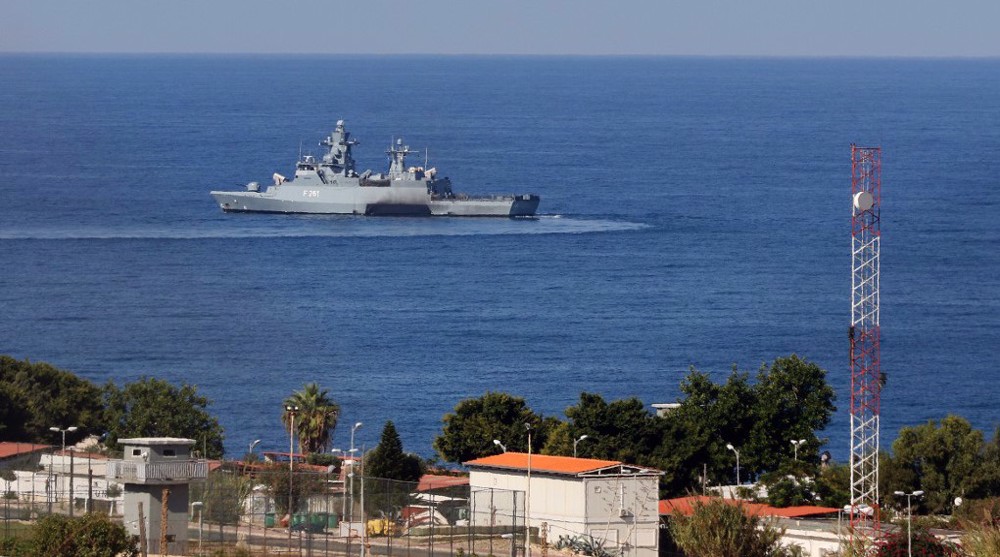
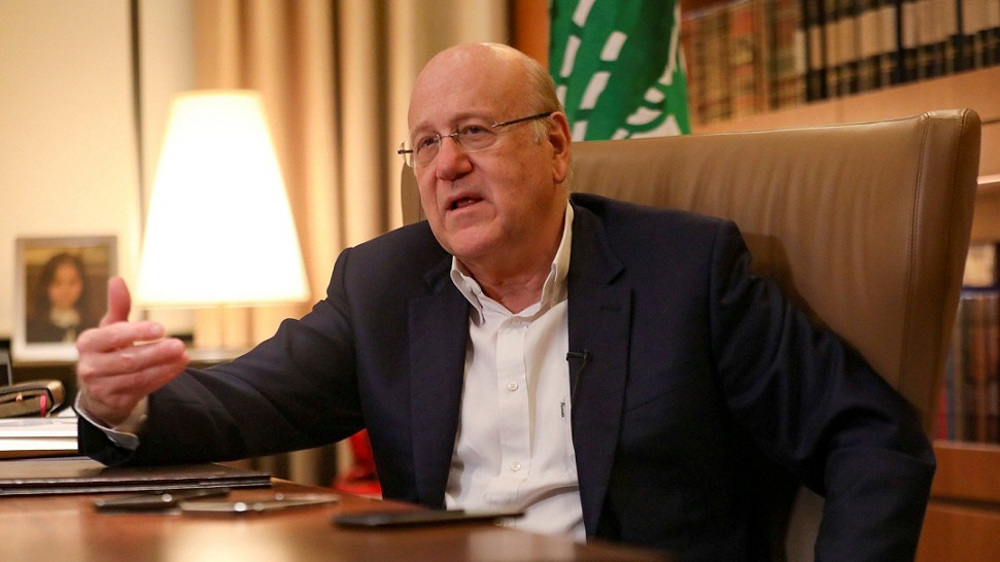
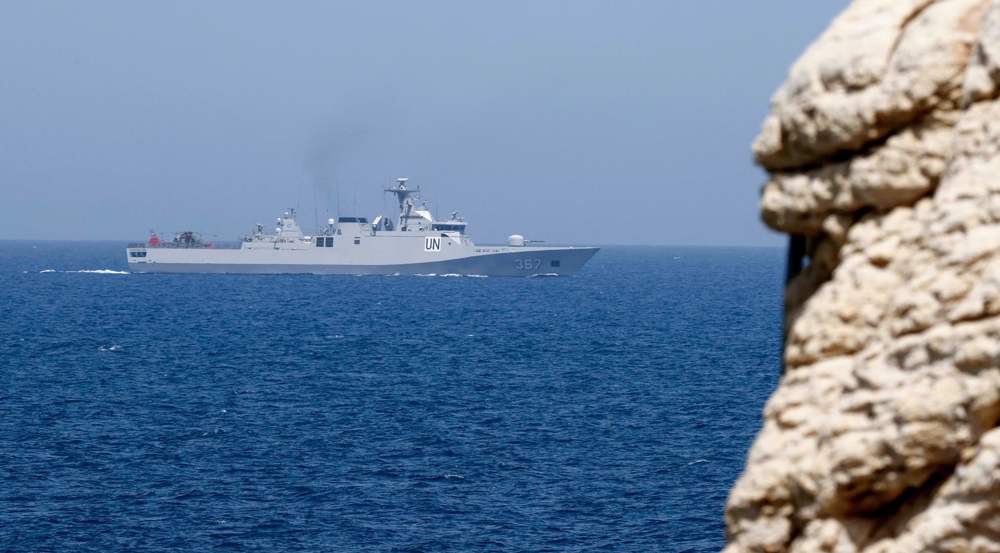
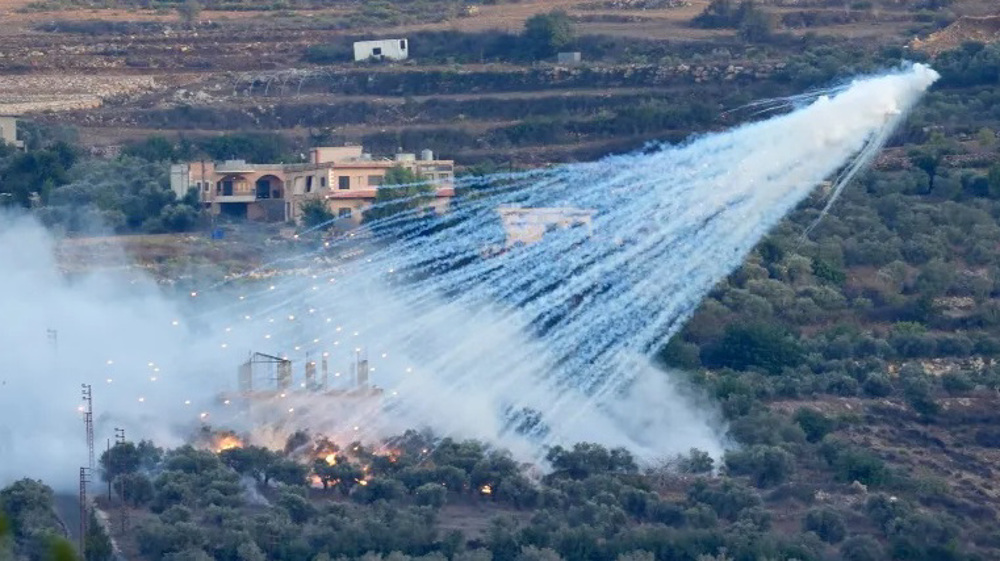

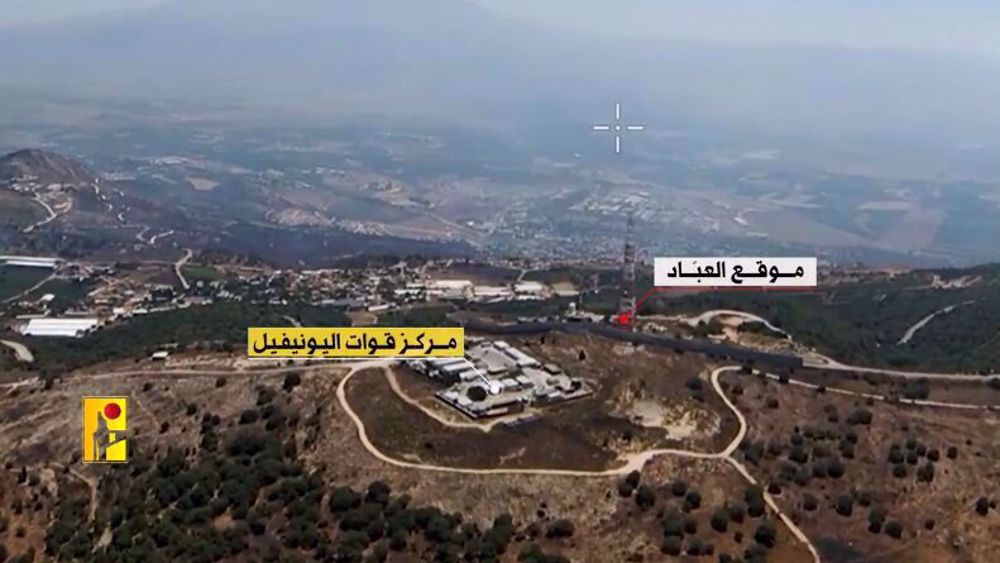



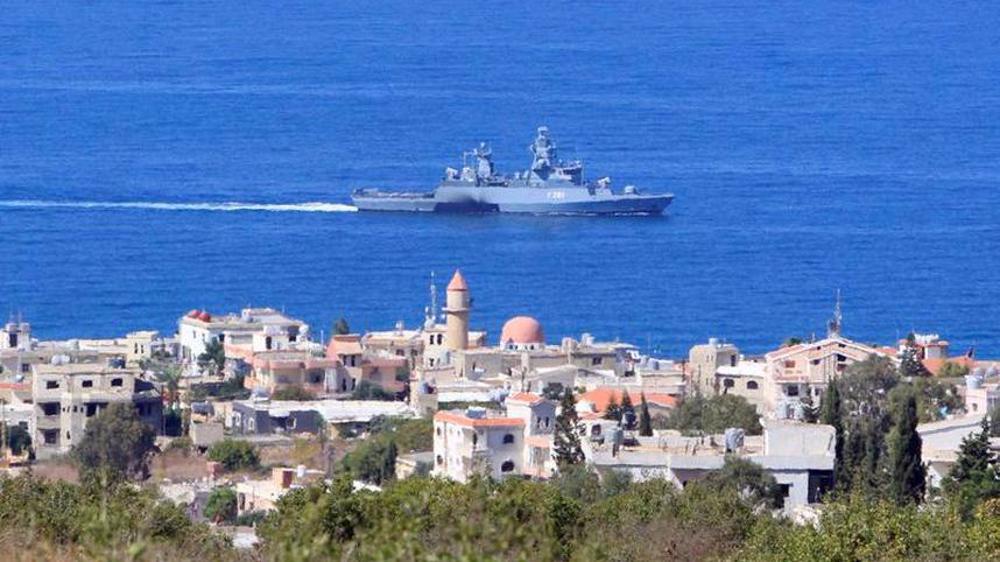
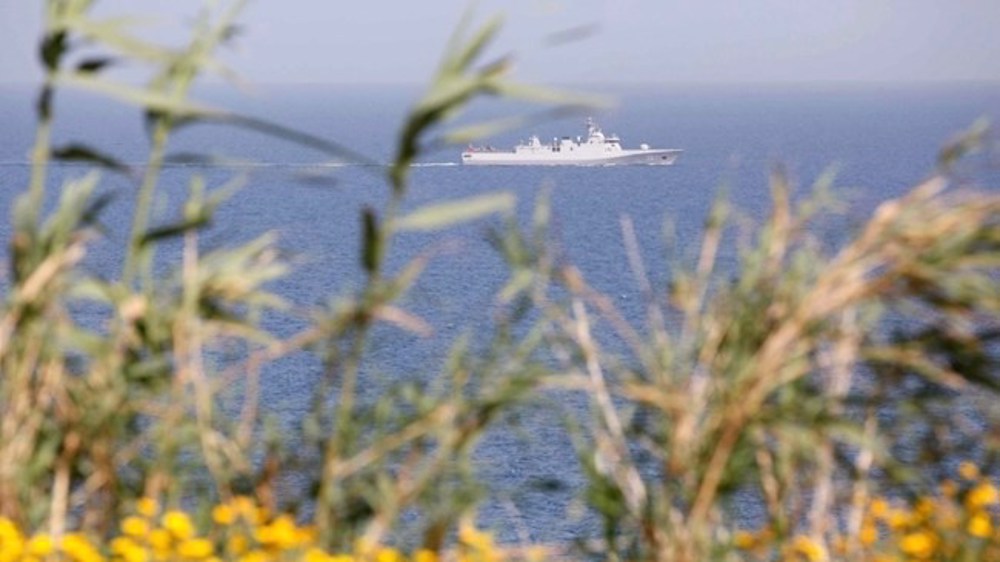
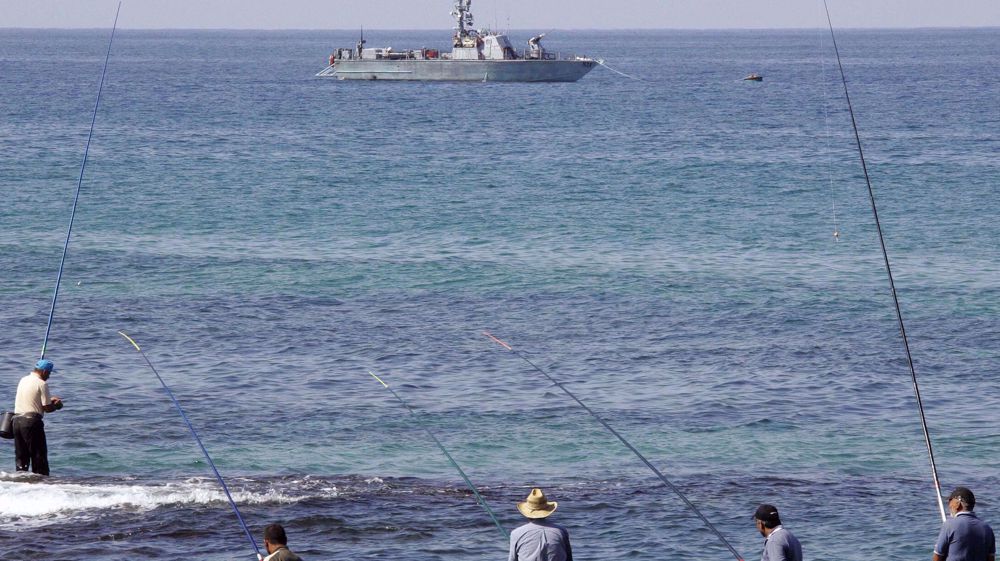
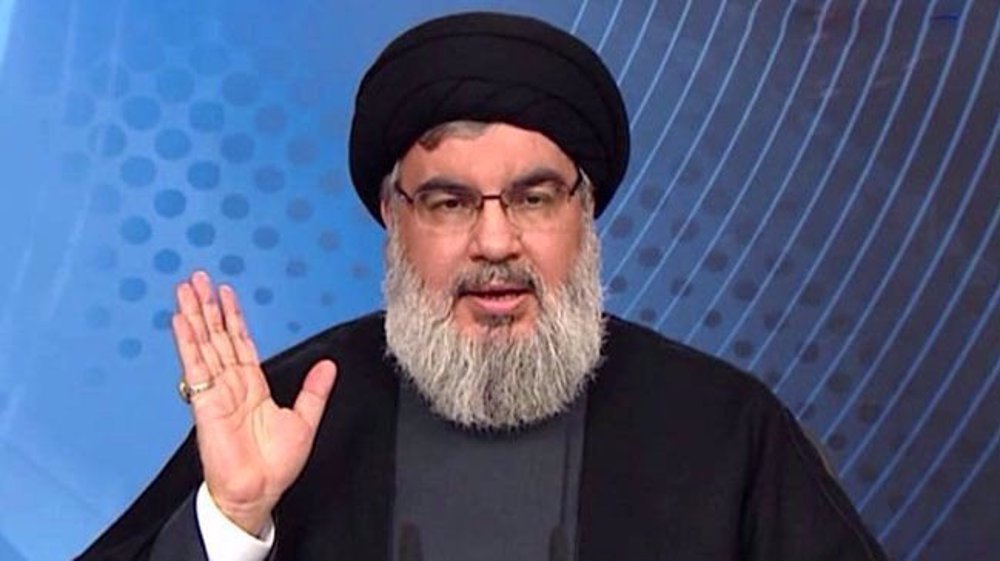
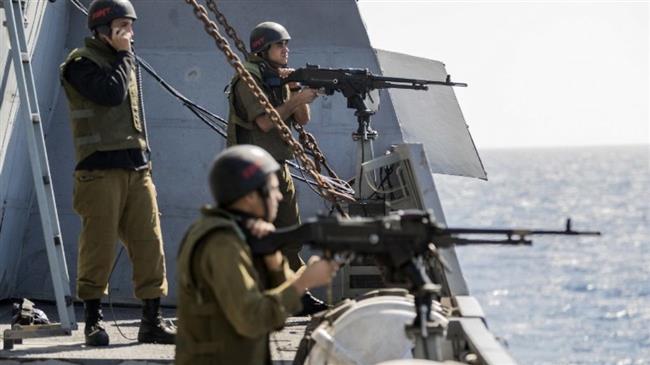

 This makes it easy to access the Press TV website
This makes it easy to access the Press TV website